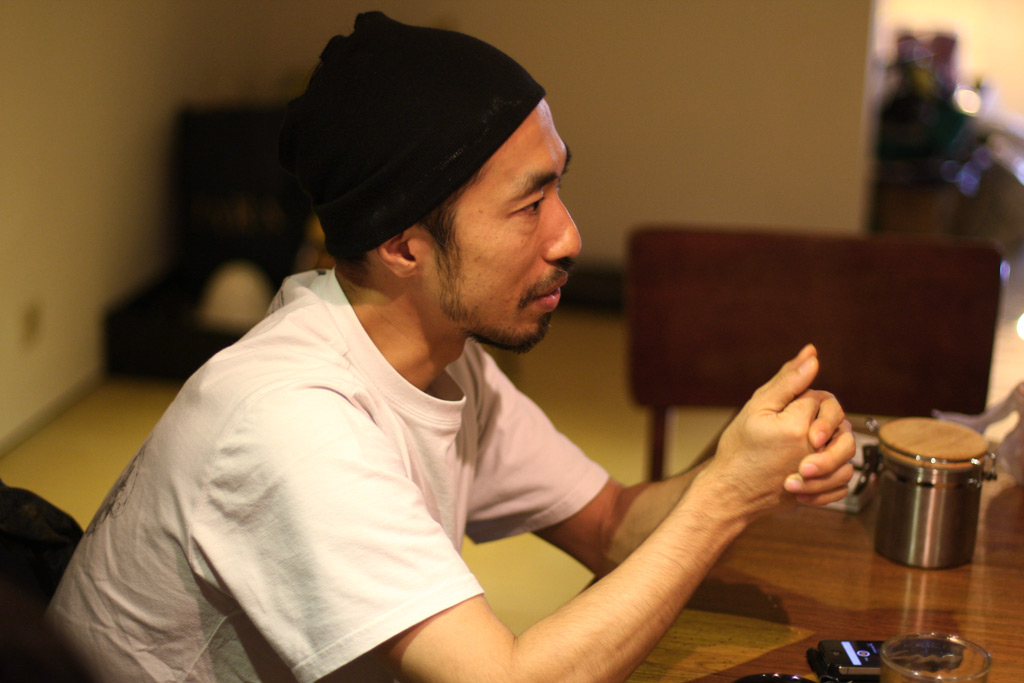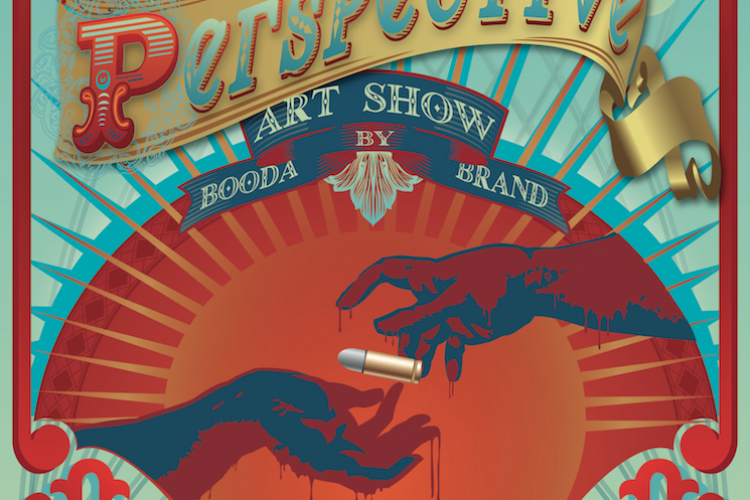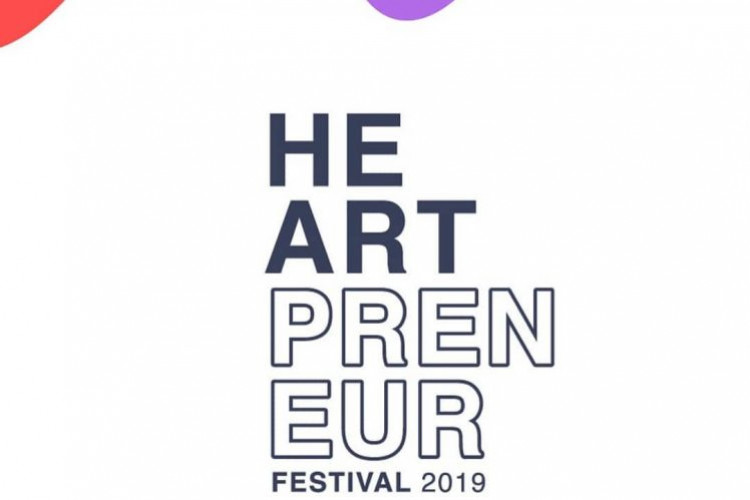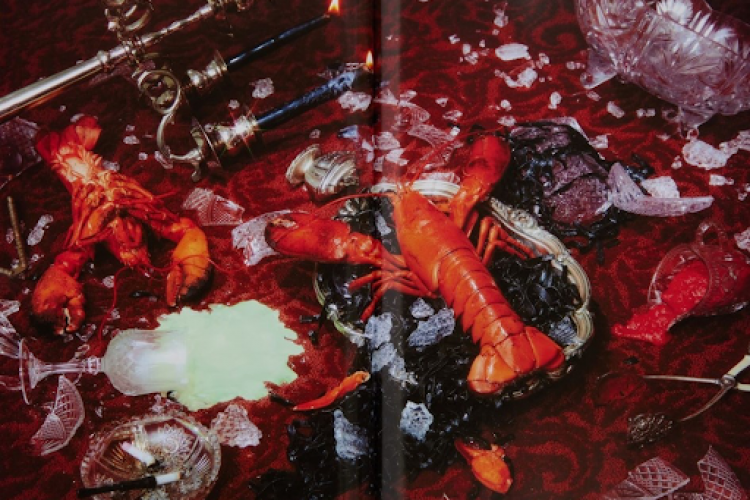The Art of Selection with Shinsuke Chida
Bergas Haryadita (B) interviews Shinsuke Chida (C) of Ene Records.
by Ken Jenie

B
Could you tell us how you first started being involved in the music scene?
C
I was 18 years old, and met DJ Kent of Force of Nature, who was in the same college as I was. He was already working for Avex, a major record company in Japan, and the label was starting to deal with underground house music. The company started to promote club DJs, so DJ Kent introduced me to the company and I started working for Avex since 1993. DJ Kent brought me into this industry.
B
You are known primarily as a DJ that plays house music. What were you playing and listening to when you first started?
C
I love house music and grew up on the genre when it became popular in 89’. But at the same time I was also listening to other music, particularly hip hop and US Top 40 such as Michael Jackson – I did listen to a variety of music. When I first started working for Avex, I was heavily into the New York House music scene.
B
What convinced to pursue a full time career in music?
C
I just love music. Through out my life I have found so much good music, and would like to make good music as well. I run a label called ENE, and there is a whole lot to do because I am doing this by myself. We have released 12 vinyl records and 6 CDs. I really love music.
B
What was your goal when you first founded Ene Records?
C
I established Ene Records simply as a label where I can release music that I enjoy.
B
When was the first release?
C
We started releasing records in 2009, which was the year Ene records was officially founded. Before making Ene Records I held a position at Crue-L Records for 6 years (After working at Avex). Towards the end of my work there I really had this need to start a label so I can release music that I enjoy.
B
Is there a sound that you want Ene Records to have?
C
Any type of music is fine with me, but it of course will have something to do with what I listen to. When I am on the decks I play everything from chill out to techno, and Ene records is the same in that respect. Whether new or old, international or Japanese, as long as it is good music I will consider releasing it on Ene Records.
B
When selecting records for your label, what do you look for in the music? Is it more bass oriented? What sort of elements do you like?
C
There are so many different reasons for each title. It is perhaps the bassline, the production, the originality, even the jacket. There is always something special about a record.
We just released three 12-inches by Cos/Mes. Beppe Loda, and Coyote (including my remix). We have a number of releases this year with singles, albums and compilations coming up.
B
2014 is going to be a busy year, isn’t it?
C
Yes! I have to be busy because if I am not I am going to keep digging for records and my money is going to be gone (laughs).
B
Could you sort of describe what running your own label is like? Especially in Japan.
C
Working with music, especially underground music, is really stressful – you just have to keep going, though. I do get a fair share of side jobs for extra money – mostly from major car, fashion, companies. They ask me to select music for their websites, their store openings, or launching a new campaign. With that in mind, I do believe underground music is the same in Japan and in other places – it is very difficult to make money from what you love (laughs).
B
Japan’s music scene is one of the most established in and advanced in Asia. What in your opinion made that happen?
C
I believe the Japanese scene can become established and advanced because many Japanese artists travel to different countries and there are many foreign acts that come to Japan – influencing and adapting each other’s cultures. For Asia itself, I think it is getting better and better because people in different countries are becoming more connected. Promoters from Japan, Singapore, Hong Kong, Tai Pai and other countries are all in contact with each other and their collaborations makes the Asian scene much better.
B
What is the party scene like in there?
C
That is a difficult question because there are so many different party scenes in Japan. For our particular scene in Tokyo it is still very underground but luckily we have access to really good sound systems, clubs and crowds. We have done parties with a capacity of 100-200, to 400-500. We try to invite good international DJS like Tiago and Coyote to perform at our events as well. Basically, our scene is still very underground, which is not great but definitely not bad either.
B
What problems do you face when you promote underground events in Japan?
C
The problem with making parties in Tokyo is the expenses. Renting a club is expensive, making the entrance free expensive… everything is so expensive.
B
When making events, do you use sponsors?
C
No. I use money out of my own pocket to make a party happen. I have tried getting sponsorships in the past, but as one might expect, the sponsors are mostly interested in funding events featuring bigger, more popular artists.
B
As someone who travels regularly, what do you discover musically from different places?
C
I have the opportunity to discover a lot of new music while travelling. For example, 4 years ago I toured Europe, and in every city I would meet new people that would introduce me to new music. Now people send me their demos through email too.
My favorite record from Jakarta is by a local musician, Space System.
B
A topic that we have always been interested in is the role of the selector. In your opinion, what makes a good DJ?
C
For me, a good DJ can feel and find the right music for a dance floor. There are so many types of music and music preferences out there so a DJ has to be knowledgeable about both to really understand what is appropriate and when. I mostly play house music, but when ever I DJ I always bring disco, techno, downbeat, and even rock music with me. A good DJ has to develop the ability to read and feel the vibe of the dance floor.
B
Would you say a DJ is a performer or an artist?
C
A DJ is an artist, but performance does play an important role. A disc jockey does not need to be a performer, but there is an element of performance when you play. For myself, I need to have a little bit of a performance to communicate with the dance floor. DJ-ing is a conversation with a crowd, and performance is the human element that bridges this interaction.
I have seen a couple of DJs in Japan that basically stands still – either their busy checking their records or focused on the mixer. You can see that they are out of touch with what is happening around them.
B
You still use vinyl when you DJ. What makes it the preferred medium?
C
I prefer playing vinyl records, but I also use USBs, CDs, and digital files when playing because the music would often be only available in a certain format.
B
What do you think about this revival of record collecting that is happening recently?
C
More people are collecting records and it is a great thing. It is really exciting to see people, especially young kids, collecting and appreciating vinyl records and turntables. For myself and Ene records, this interest keeps us going in terms of making vinyl records knowing that there are people who are interested in the format.
B
What are you currently working on?
C
Right now I am making music for my own album and doing remixes for other artists. I am making songs for compilations as well.
B
That’s it, thank you very much for the opportunity.
C
Thank you.











